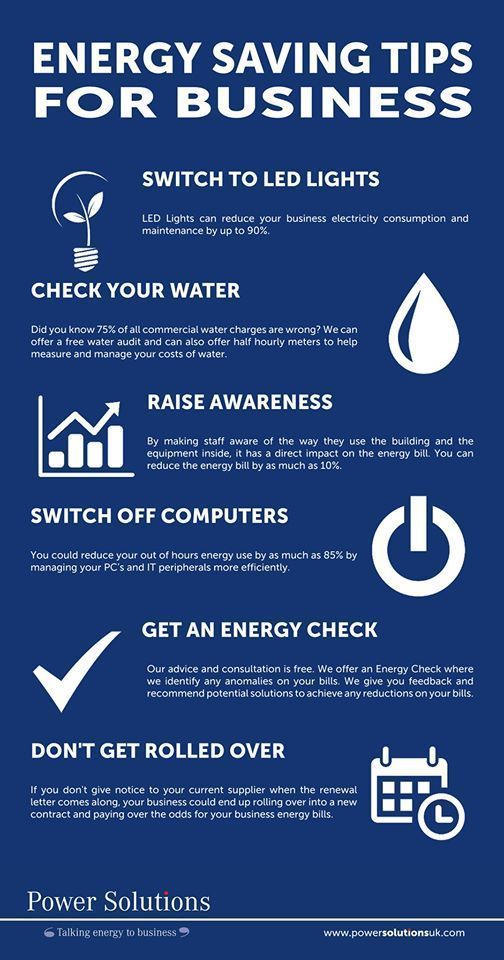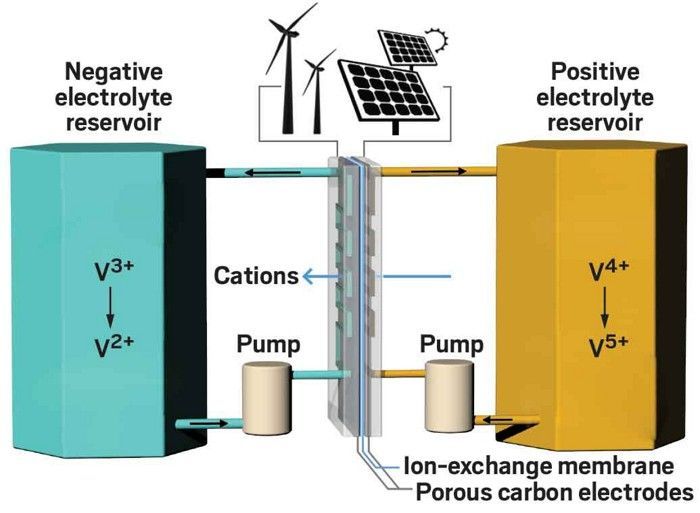With the constant evolution of technology, businesses and corporations are continuously looking for ways to improve their energy efficiency. Not only does reducing energy consumption help the environment, but it can also lead to significant cost savings in the long run. In this article, we will explore some practical tips for businesses and corporations to enhance their energy efficiency efforts.
Invest in Energy-Efficient Appliances and Equipment
One of the most effective ways to improve energy efficiency in your workplace is to invest in energy-efficient appliances and equipment. Energy-efficient appliances consume less electricity compared to their traditional counterparts, resulting in lower energy bills. Look for appliances and equipment with ENERGY STAR ratings, as these are certified to be more energy-efficient.
Implement Smart Lighting Solutions
Lighting can account for a significant portion of a business’s energy costs. Implementing smart lighting solutions, such as LED lights and motion sensors, can help reduce energy consumption. LED lights are more energy-efficient and have a longer lifespan compared to traditional incandescent bulbs. Motion sensors can automatically turn off lights in unoccupied areas, further saving energy.
Optimize Heating and Cooling Systems
Heating and cooling systems are major energy consumers in commercial buildings. Regular maintenance and upgrades to these systems can improve energy efficiency. Consider installing programmable thermostats to adjust temperatures based on occupancy and time of day. Proper insulation and sealing of windows and doors can also help maintain a comfortable indoor temperature without overworking heating and cooling systems.
Encourage Employee Participation
Engaging employees in energy-saving initiatives can significantly impact energy efficiency in the workplace. Educate employees about the importance of energy conservation and encourage them to adopt energy-saving practices, such as turning off lights and electronics when not in use. Implementing a rewards program or recognition for energy-saving behaviors can motivate employees to participate actively.
Conduct Energy Audits
Conducting regular energy audits can help identify areas of inefficiency and opportunities for improvement. An energy audit involves analyzing energy usage patterns, identifying energy-saving opportunities, and implementing strategies to reduce energy consumption. Consider hiring a professional energy auditor to conduct a comprehensive assessment of your energy usage and recommend tailored solutions for improved efficiency.
Utilize Renewable Energy Sources
Utilizing renewable energy sources, such as solar panels or wind turbines, can help reduce reliance on traditional energy sources and lower energy costs in the long term. Installing renewable energy systems on-site can generate clean energy to power your business operations and reduce your carbon footprint. Some governments also offer incentives and tax credits for businesses that invest in renewable energy.
Monitor and Measure Energy Consumption
Monitoring and measuring energy consumption is essential for tracking progress and identifying areas for improvement. Implement energy management software or smart meters to measure energy usage in real-time and identify patterns of high consumption. Set energy-saving goals and regularly review energy usage data to ensure that energy efficiency initiatives are on track.
In conclusion, enhancing energy efficiency in businesses and corporations is not only beneficial for the environment but also for reducing operational costs. By implementing the tips mentioned above and continuously striving for energy conservation, businesses can make a positive impact on their bottom line and contribute to a sustainable future.


